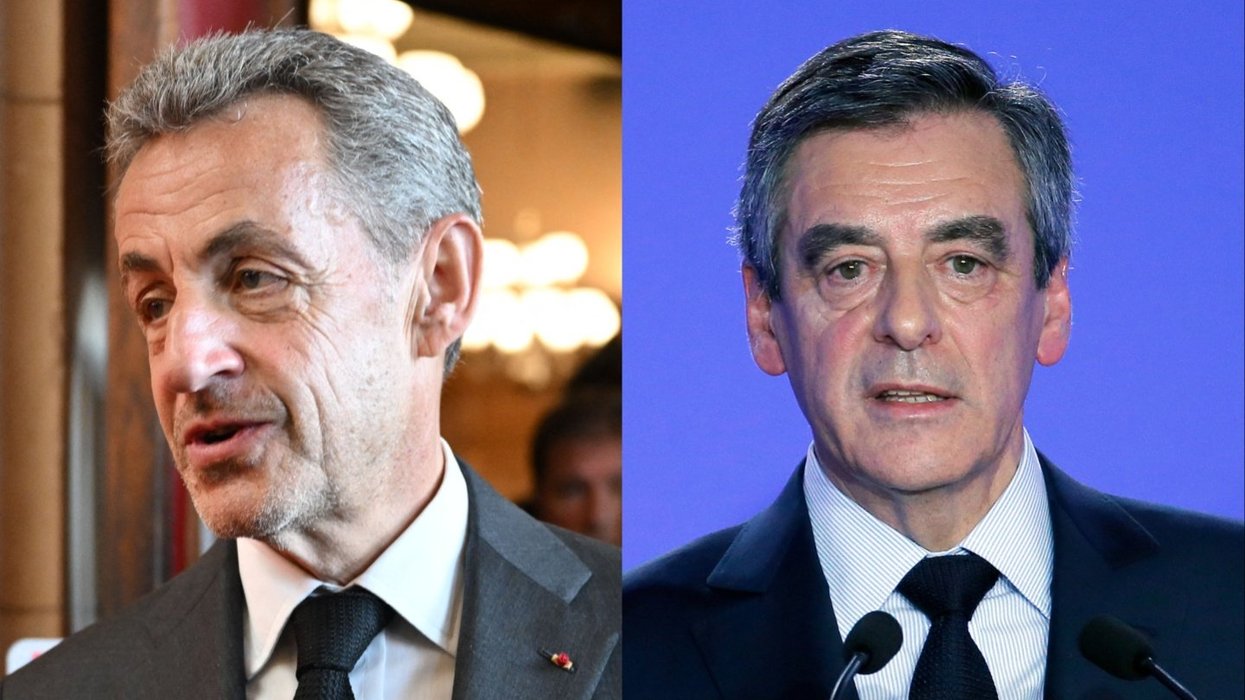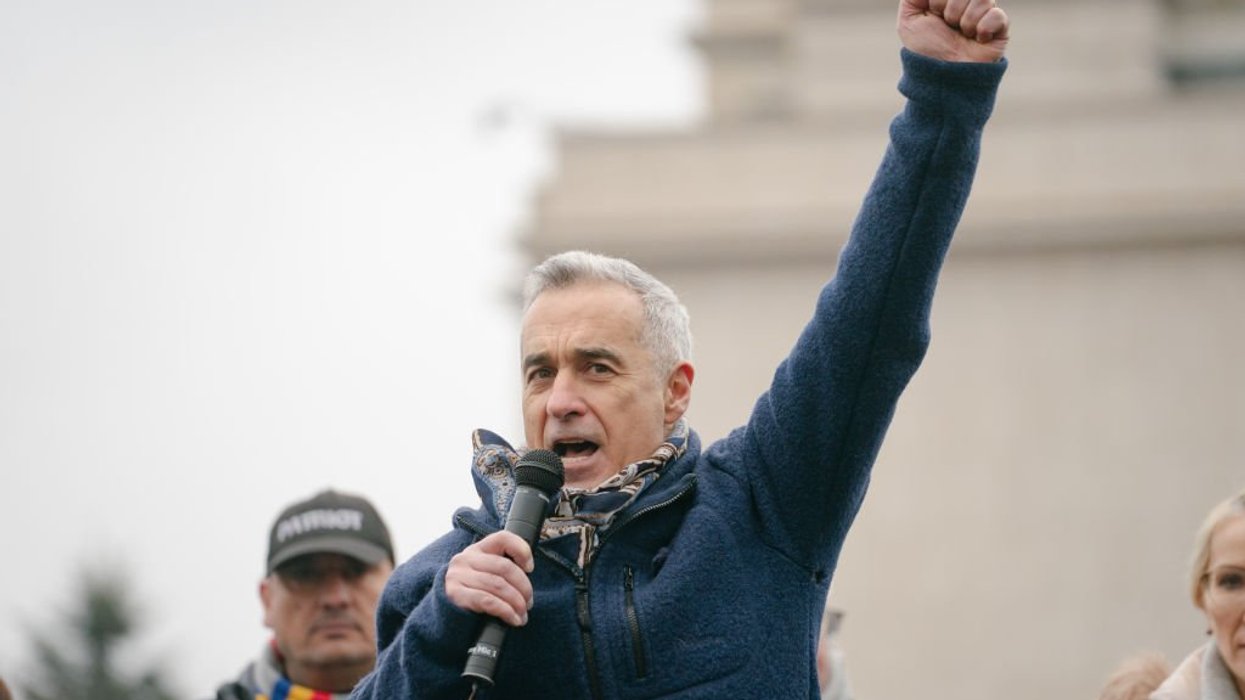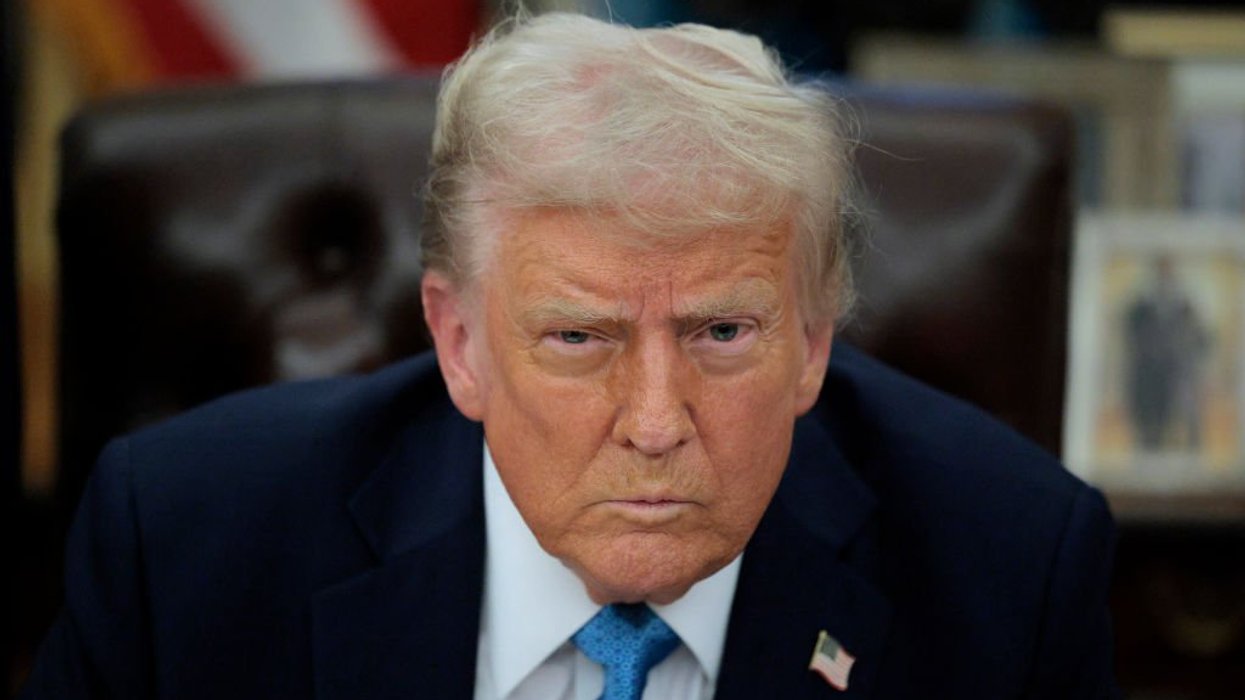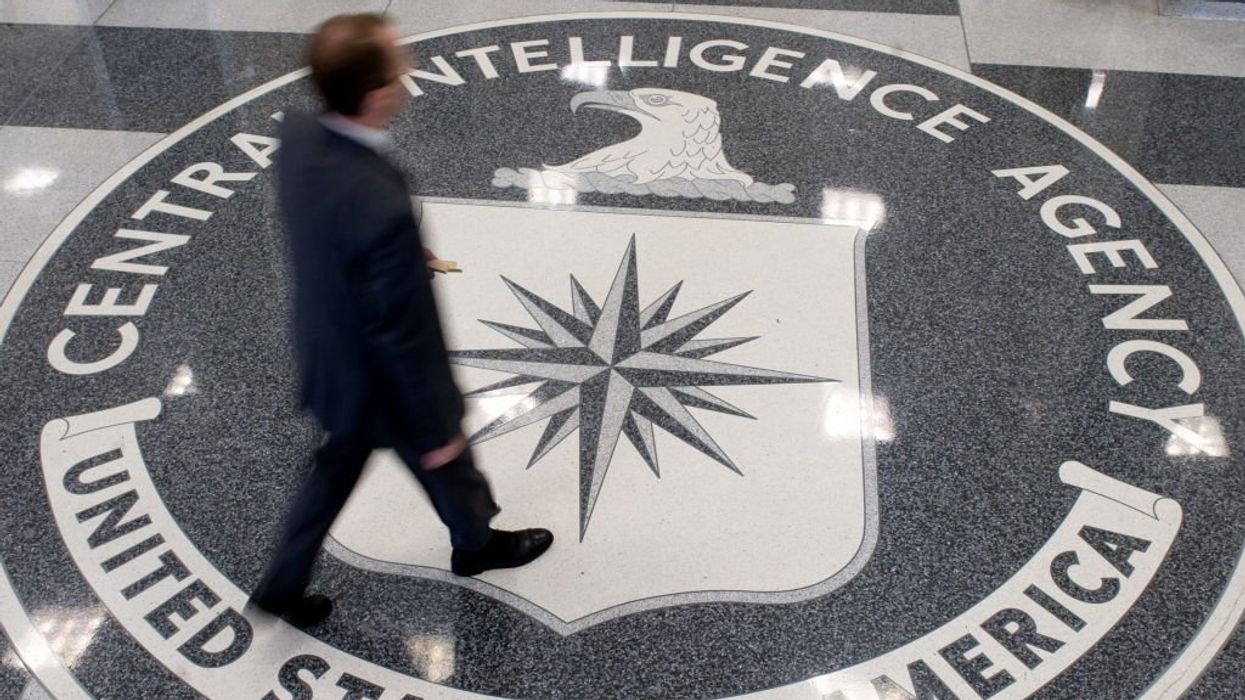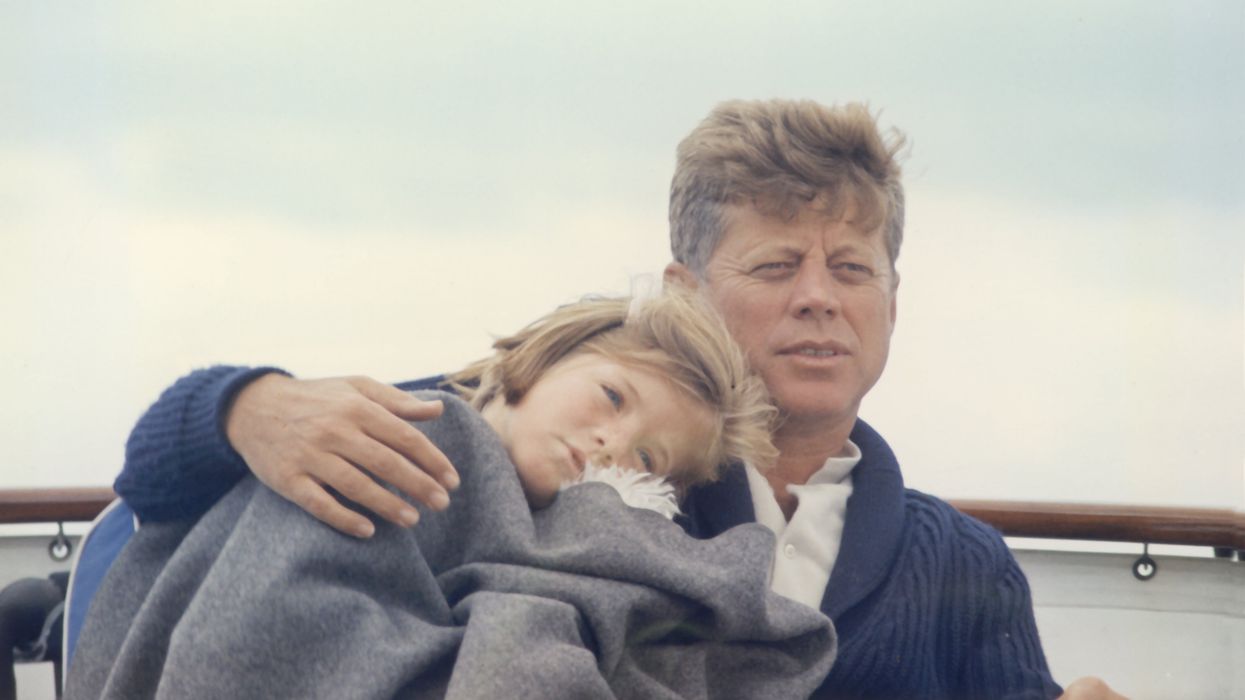America's Founding Fathers, admired and revered by generations of grateful Americans, have been increasingly disparaged over the past 100 years. The progressive left would have you believe the Founders were all rich, white, uncaring, racist slave owners --- but the truth is something entirely different. What did the Founding Fathers think about slavery? Were they all slave owners who refused to free their slaves? This definitive four-part series on the Founders and slavery sets the record straight.
Listen to the full segment:
Slavery and the Founders Part II: George Washington
America's Founders are often painted as selfish, hypocritical and evil because, while men like Thomas Jefferson and George Washington spoke out against slavery, they both owned slaves. It's forgotten that these men from the 18th century are being judged by 21st century sensibilities. Additionally, slavery was instituted and engrained in colonial society by the British. The Founders were simply recipients of a system that had been in place for well over a century.
It was the British who stopped the original abolition movement in America. In 1773 and 1774, states like Rhode Island and Connecticut and Massachusetts and Pennsylvania passed anti-slavery laws. But in 1774, King George III vetoed every anti-slavery law in America. That's what caused Thomas Jefferson to write a clause in the Declaration which favored ending slavery (three southern states demanded it be removed). When America separated from Great Britain in 1776, those states were the first ones to end slavery. Once America was free from the British empire, the ending of slavery began. By 1800, every northern colony had abolished slavery in America.
George Washington and the other Founders who favored abolition knew they could not immediately end slavery in the United States and still have a United States. They would have instantly lost all of the Southern colonies, weakened the union and wound up without a nation. That's why Washington favored a gradual or, shall we say, "progressive" end to slavery.
Despite having inherited his first ten slaves when he was 11 years old, Washington grew to despise the practice. Upon his marriage to Martha Custis, Washington took possession of many more slaves. Martha was a widow when she married her second husband, George, and she brought to the marriage close to 100 dowry slaves. Washington argued and fought from the very beginning to end slavery, with no success in the legislature. When his and Martha's slaves began marrying and forming families, his hands were further tied, as he refused to sell slaves and break up families. He waited until his death and Martha's to free his slaves saying, "You can't free the slaves till after I die and till after she dies. Because once we're both dead, then you can keep the families together."
Historian David Barton further explains:
He could have made a ton of money if he could have sold his slaves, because he says it takes me twice as much to feed them as I make off the land. But he said, "I refuse to sell slaves. I refuse to participate in that practice of selling slaves. It's wrong." So he goes broke, rather than practice something that goes against his conscience, which is selling slaves. And he would not free his slaves because that would separate families.
And Virginia law, of course, did not recognize slave families or slave marriages, but he did. And that's why he took those families. He paid them for what they raised. He paid them for what they did. He did not treat them like slaves. He treated them like family, which is why, after he released them, the blacks for so long came back and took care of Mount Vernon, took care of his grave, took care of Martha's grave, because they so loved him. He was like a father figure to them.
Phyllis Wheatley, a 22-year-old slave and poet was so impressed with the respect and kindness Washington had shown her that she wrote a poem --- His Excellency General Washington --- to honor the man she so greatly admired when he was made commander in the Continental Army in 1775. Washington responded by inviting Ms. Wheatley to his headquarters in Cambridge, Massachusetts, where he received her as if she were a visiting dignitary.
In a time when the world was just emerging from languishing in the Dark Ages for over 1,000 years, dozens of enlightened men, certainly not perfect men, but definitely brilliant, inspired and enlightened, laid the foundation for what would become the greatest hope ever offered to mankind. And they dealt with the complicated nightmare of slavery as best they could. There were barriers put in place that had to be chipped away, piece by piece.
It was President George Washington who set the tone and example, leading the way to end slavery.

